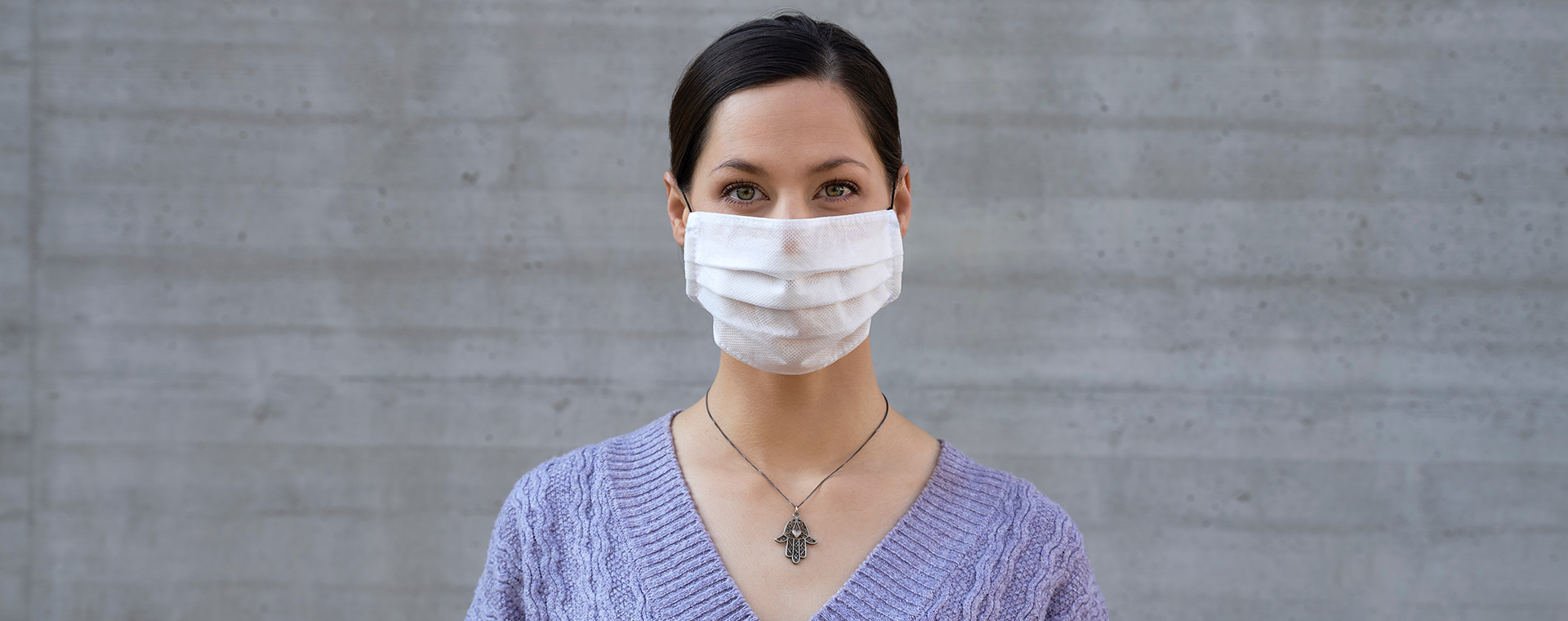
As many as nine in ten children are currently out of school as a result of the global novel Coronavirus pandemic, requiring millions of learners to make the transition to at-home learning. But it is not just the students themselves who need to make this adjustment – teachers need help too.
At the two-day online convening hosted by WISE and Salzburg Global Seminar, Education Disrupted, Education Reimagined, thousands of teachers, administrators, researchers and education advocates around the world heard from education leaders on the frontlines about how they are managing this unprecedented disruption. The virtual conference was the first in a new series for the two organizations, which both typically convene their programs in person.
Like many nonprofits operating in the education sector, Symphonia in South Africa also usually delivers its “Partners for Possibility” program in person, connecting local businesses with schools serving children in low-income and marginalized communities, and fostering strong personal engagement between business and education leaders. This kind of interaction is no longer possible since the nationwide lockdown rolled out on March 27.
As Robyn Whittaker, stakeholder engagement lead for Partners for Possibility, explained via Zoom, the organization’s first priority was to shift to digital platforms to maintain the community members virtually. Their primary platform has been the mobile messaging service, WhatsApp, widely favored for its low-data usage, widespread adoption, and easy setup and usability even for “tech-phobic” and low-resourced schools.
Taking the “own mask first” approach usually applied to airplane safety, the organization first focused on supporting school principals ahead of school children, recognizing that if these school leaders did not have their own health, wellbeing and training needs met they would be ill-prepared to serve their school communities.
Supporting their school principals was also a top priority for both Canada’s Ontario Principals Council and Kenya’s Dignitas explained Nadine Trépanier-Bisson, OPC’s director of professional learning and Deborah Kimathi, Dignitas’ executive director. While the annual March break gave schools in Canada some time to prepare for the lockdown, there was a lot of uncertainty and anxiety about when schools would reopen. By continuing its weekly meetings as well as providing one-on-one support, the OPC offered its school leaders not only professional support – how to transition to at-home learning, develop online pedagogies, hold virtual staff meetings, etc. – but also social and emotional support, focusing on the principals’ wellbeing and how they can improve their own self-care during this high-stress period. Similarly, Dignitas’ pivot to virtual programming during Kenya’s lockdown has also focused on the wellbeing of their programs’ participants – the school educators, not the learners.
Edutech company OX in Argentina also recognized the importance of offering more than just tech support. When he opened up the learning platform for free in response to the COVID-19 crisis, OX CEO Agustin Thienen told his employees to be ready to offer emotional support to users, also realising that it was not only the students who would be missing the supportive school environment.
Everyone – not only children but also teachers and administrators, and families and caregivers – needs to learn how to deal better with stress, especially in times of crisis. Social and emotional learning is thus important for everyone, explained Daniela Labra Cardero, the chair of Attentamente, an education nonprofit in Mexico. Developing internal resilience and retaining a sense of purpose is vital.
Beatriz Pont, Senior Analyst on Education Policy at the OECD posed the question: How can teachers teach when they have their own challenging home situations? As she spoke, the weekly “Clap for Carers” applause sounded outside on the streets of Paris.
Closing the day’s discussions, Asmaa Al-Fadala, Director of Research and Content Development at WISE and one of the co-chairs of the program (alongside Salzburg Global’s Program Director for Education for Tomorrow’s World, Dominic Regester), encouraged the 1000s of participants joining online via Zoom and streaming on Facebook and YouTube to help launch a similar initiative: Clap for Teachers.
This article was orginally published on Salzburg Global Seminar.


